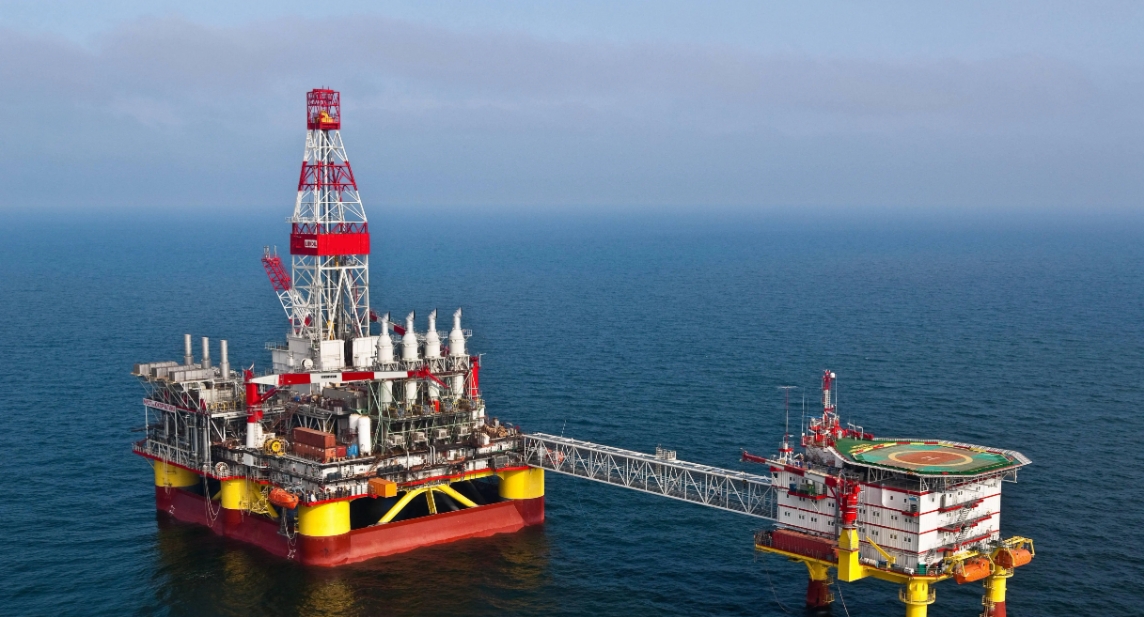This GSA will be subject to the construction of the pipeline connecting the West Natuna Transportation System (WNTS) with the domestic gas market on Indonesia’s Batam Island. The deal, which forms part of Conrad’s Domestic Market Obligation (DMO) as set out in Mako’s revised Plan of Development, will represent approximately 29.5% of Mako’s sales gas volumes until the Duyung production sharing contract that hosts the field expires in January 2037.
The operator and PGN intend to sign the GSA before end-May.
The lion’s share of Mako’s output is destined for export via the existing WNTS to Sembcorp Gas in Singapore, and Conrad hopes that this GSA will be finalised “over the coming months”.
Delays in securing these GSAs have already derailed the project’s schedule, pushing back Mako’s on stream date from 2025 to mid-2026; while capital expenditure for the phase one development now stands at US$325 million with capital costs to initial revenues currently estimated at US$250 million.
The phase one project comprises six wells with two dry-tree wells and four subsea wells connected via subsea umbilicals, risers and flowlines to a conductor support frame and then to a mobile offshore production unit with gas processing and compression facilities.
The final investment decision is being targeted by mid-2024 for the proposed Mako development that envisages 120 million cubic feet per day of gas being produced for a seven-year plateau period with output declining thereafter.
“Conrad has been working closely with PGN for the commercialisation of Mako gas. These key terms are a very important milestone paving the way for a fully termed gas sales agreement and brings the company a step closer to the FID for the Mako development,” commented Conrad chief executive Miltos Xynogalas.
The Singapore-based operator has a 76.5% operated interest in the Duyung PSC and its partners are Coro Energy on 15% and Empyrean Energy with 8.5%.
Indonesia’s upstream regulations call for players to supply approximately 25% of their share of production to the domestic market although there is no requirement for them to construct infrastructure such as pipelines to enable the delivery of any DMO.
